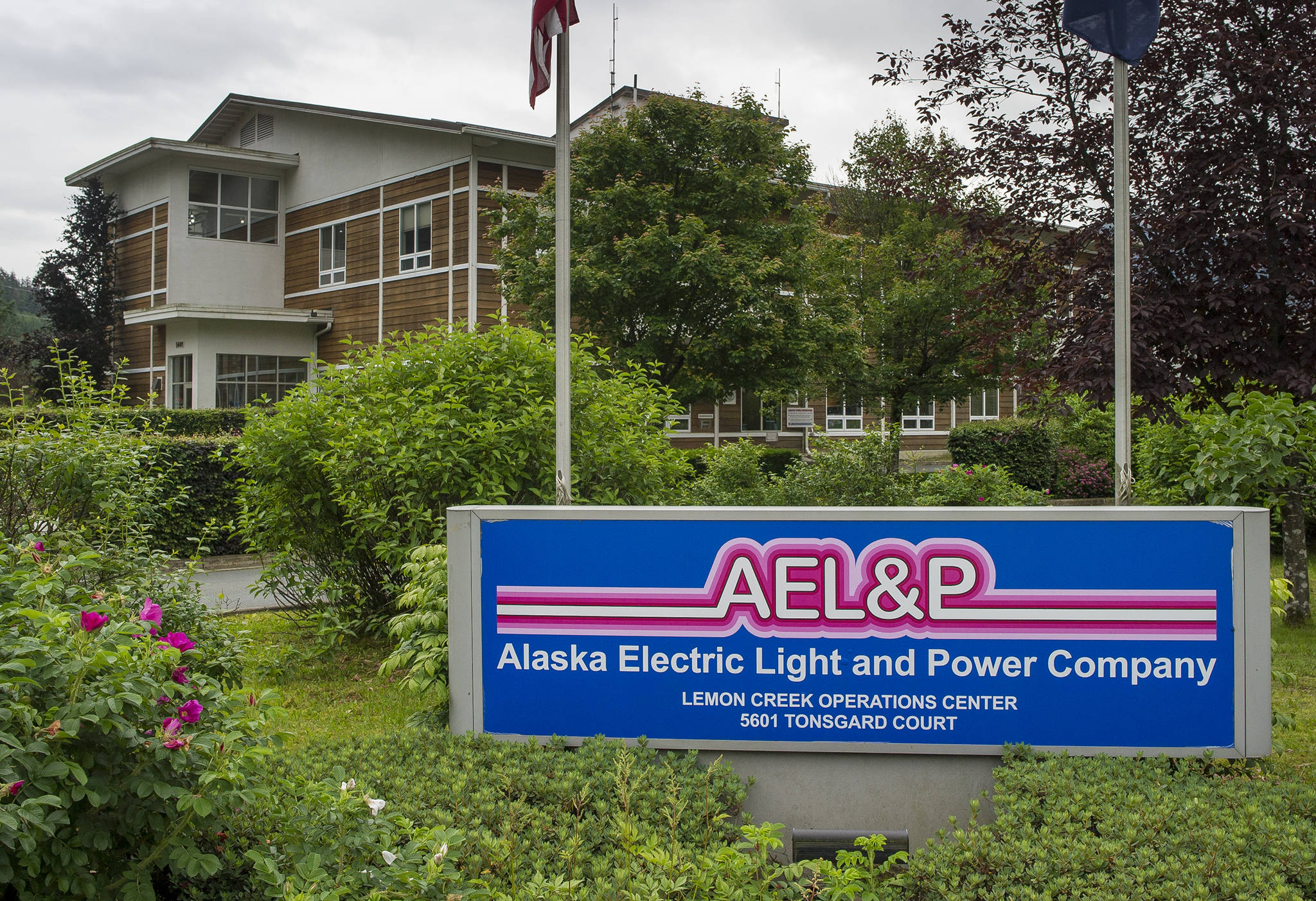Here’s some good news: Juneau’s electric utility will not be controlled by a foreign government. On Jan. 30, the Regulatory Commission of Alaska (RCA) officially rescinded its order approving the sale of Avista to Hydro One after both Washington state and Idaho rejected the sale, concluding it was not appropriate to have a foreign government control their ratepayers. Hydro One will pay Avista a breakup fee of $103 million.
When the City and Borough of Juneau (CBJ) was considering becoming an intervenor with the RCA, local energy and climate focused nonprofit Renewable Juneau raised concerns about foreign control and heavy debt loads, and urged the RCA to come to Juneau and listen to local concerns. CBJ protected Juneau by hiring legal assistance to address both city and public concern. In the end, stipulations were guaranteed to Juneau if the deal went through.
[The AEL&P sale to Canada has fallen through. Here’s why]
The deal did not go through and these agreements have been pushed aside. These agreements gave Juneau and its ratepayers protections that can be important now and in the future, despite the failure of the sale. Renewable Juneau encourages CBJ and the Juneau community to request that Alaska Electric Light & Power (AEL&P) voluntarily commit to honor the original commitments it made. The commitments focus on information sharing that will lead to better understanding and greater ability for the community and AEL&P to work together.
Below is a short version of the stipulations that AEL&P agreed to and that we believe they should still honor:
• Snettisham Option Agreement — AEL&P agreed that if it ever proposes to exercise its purchase option under the Snettisham Option Agreement, that it will be required to request RCA approval of the transfer, giving Juneau a say in who owns this federally-funded hydro facility that the community depends so heavily upon.
[Juneau leading the way for a sustainable future]
• Biennial AEL&P System and Planning Presentations — AEL&P agreed to publish, present and take public comment on AEL&P’s current and projected customer electric loads, utility resources and utility operations. Throughout the country, communities that join in integrated resource planning work with their utilities to keep rates low while assuring adequate capacity for the future.
• Greenhouse Gas Inventory Report — AEL&P will comply with any applicable CBJ or other requirement regarding the reporting of greenhouse gas emissions, providing the Juneau Commission on Sustainability with important information.
• Access to and Maintenance of Books and Records — AEL&P will provide the RCA, Attorney General’s office (RAPA) and other parties reasonable access to AEL&P’s books and records, access to financial information and filings, AEL&P’s board minutes, audit reports and any information provided to credit rating agencies pertaining to AEL&P.
[Sealaska Heritage Institute means millions of dollars for Juneau, study finds]
• Capital Structure Support — Avista will provide equity if and as necessary to support AEL&P’s capital structure that is designed to allow AEL&P access to debt financing under reasonable terms and on a sustainable basis. One attractive aspect of the sale of AEL&P to Avista was lower cost borrowing which keeps rates lower.
• Interconnection Process — AEL&P agreed to allow other renewable energy producers to connect to their transmission lines. The possibility of additional renewable energy may help keep our supply up and rates low.
These points of agreement reached during the RCA process build a firm foundation for a closer working relationship between AEL&P and the Juneau community. They should be honored and CBJ should start a process of working with AEL&P to make them a reality. Such an agreement should also include an endorsement by AEL&P and Avista of the CBJ adopted Juneau Climate Action and Implementation Plan and the Juneau Renewable Energy Strategy. These steps will keep our utility local and protect us before another sale happens.
• Margo Waring is a resident of Juneau. My Turns and Letters to the Editor represent the view of the author, not the view of the Juneau Empire.

